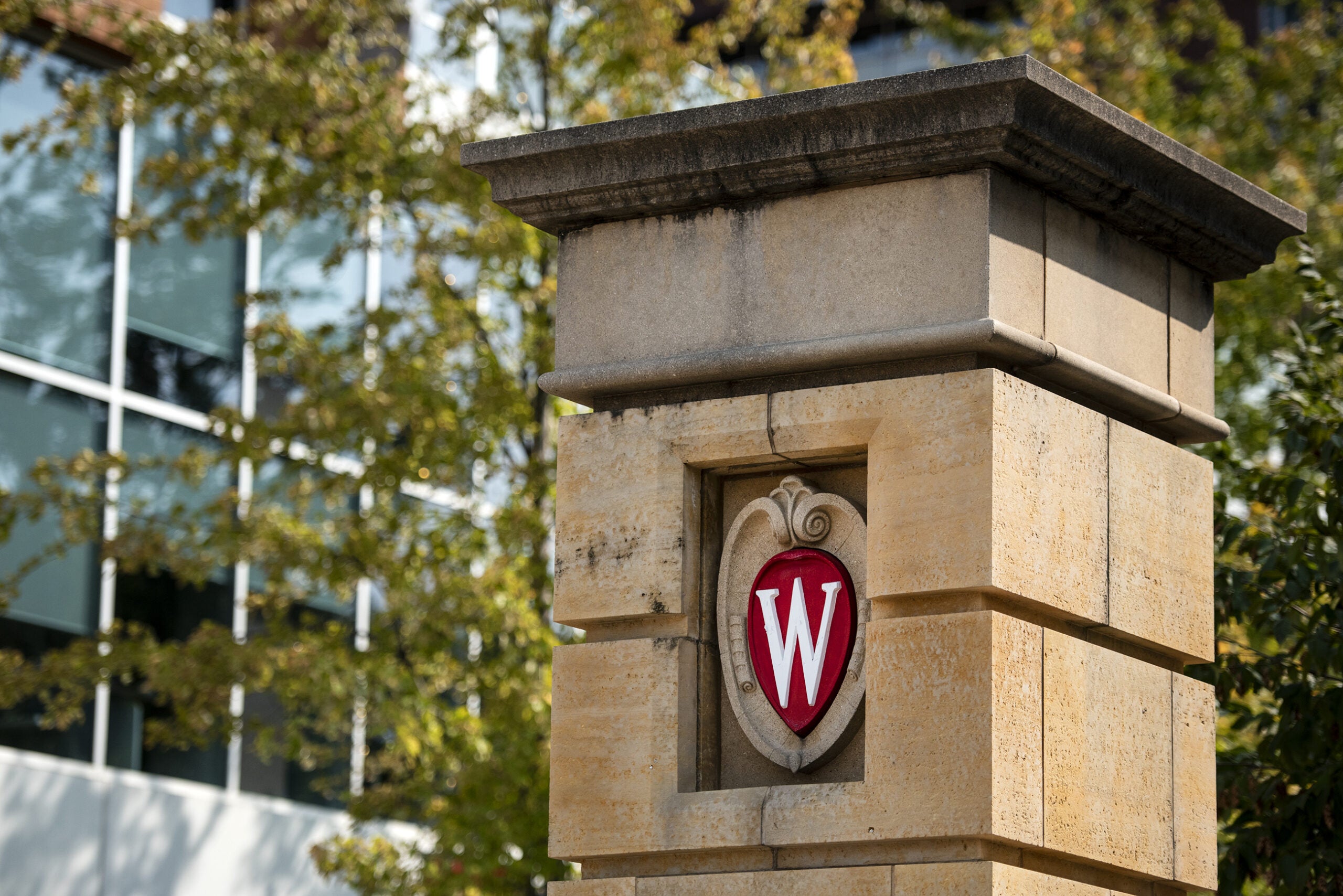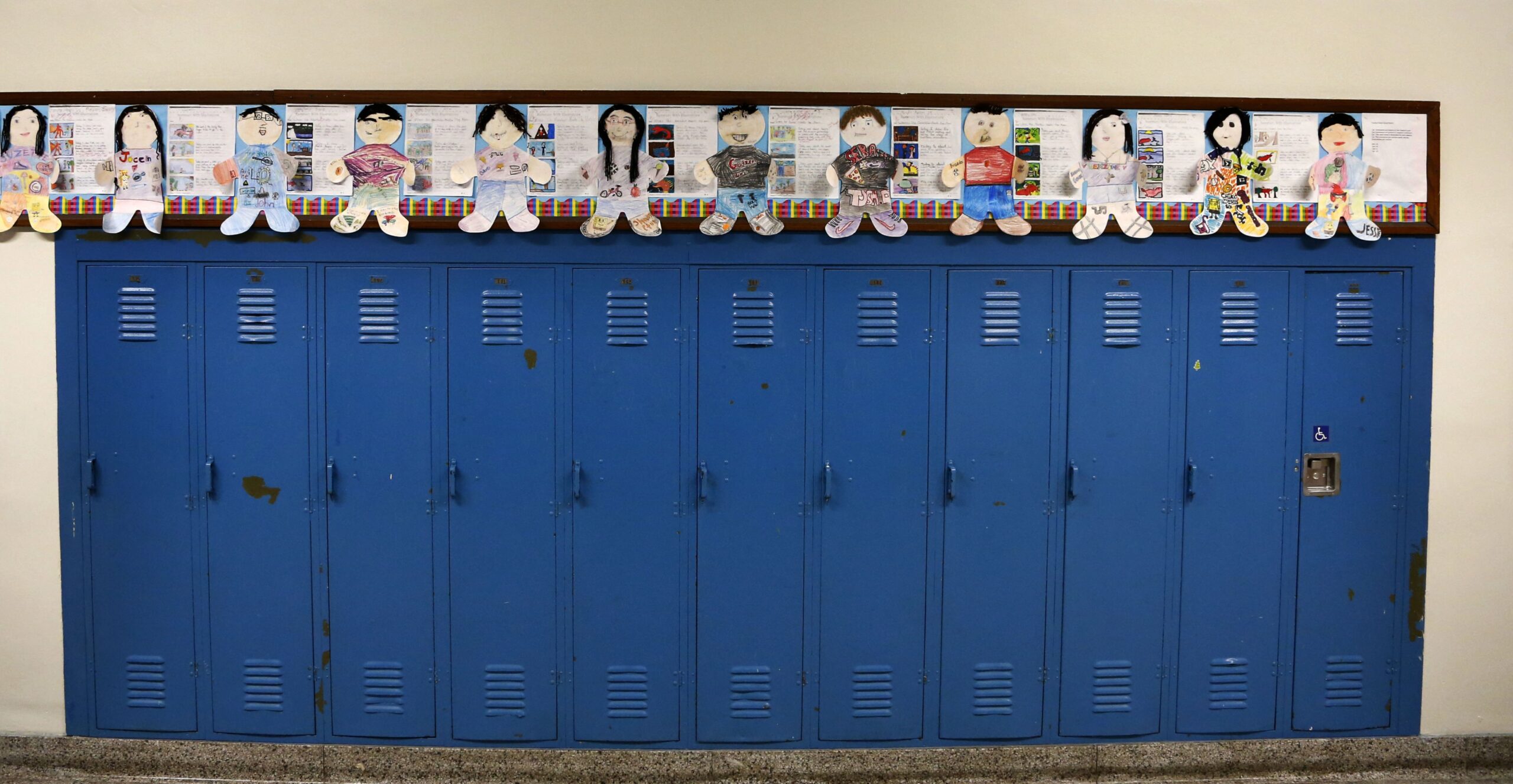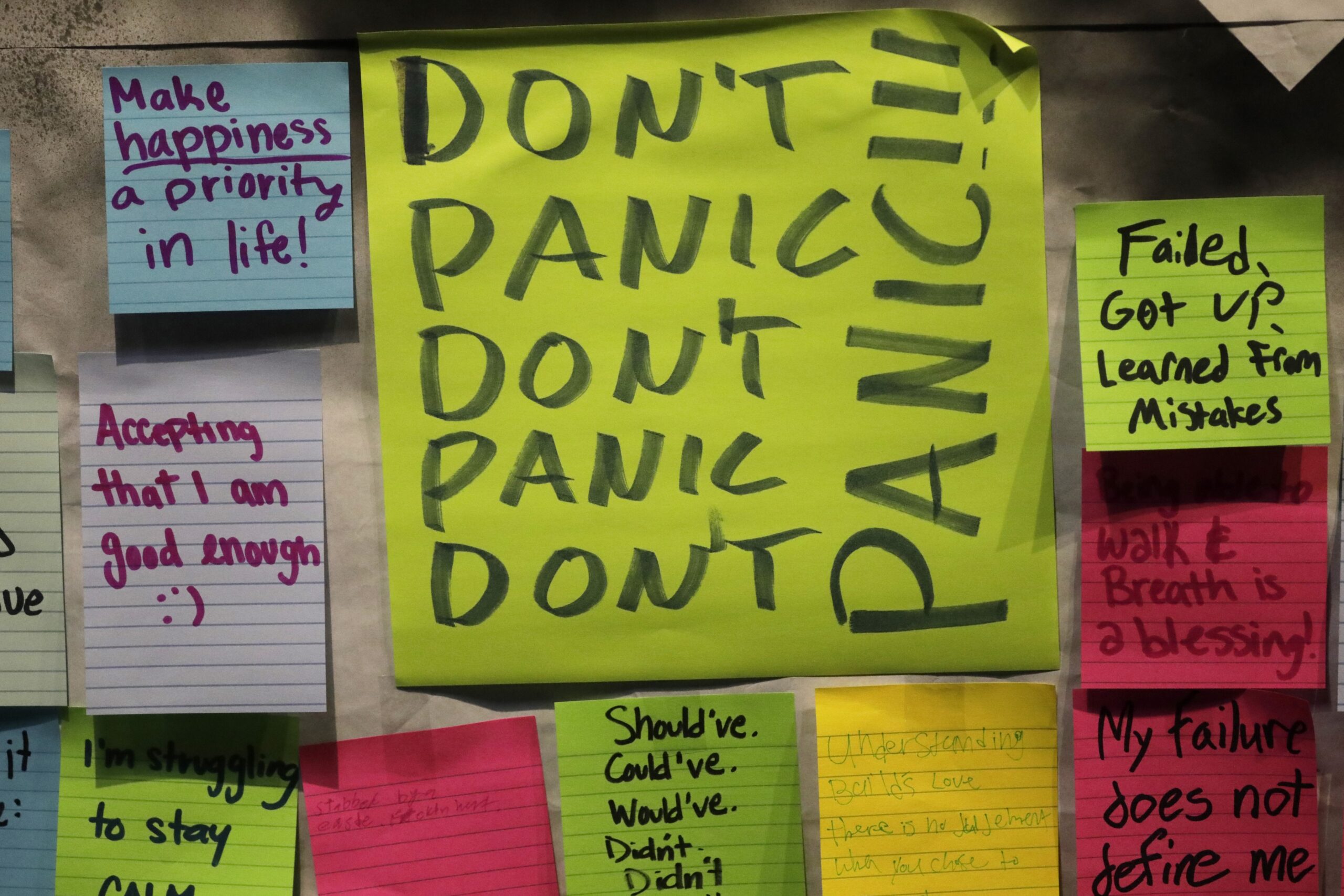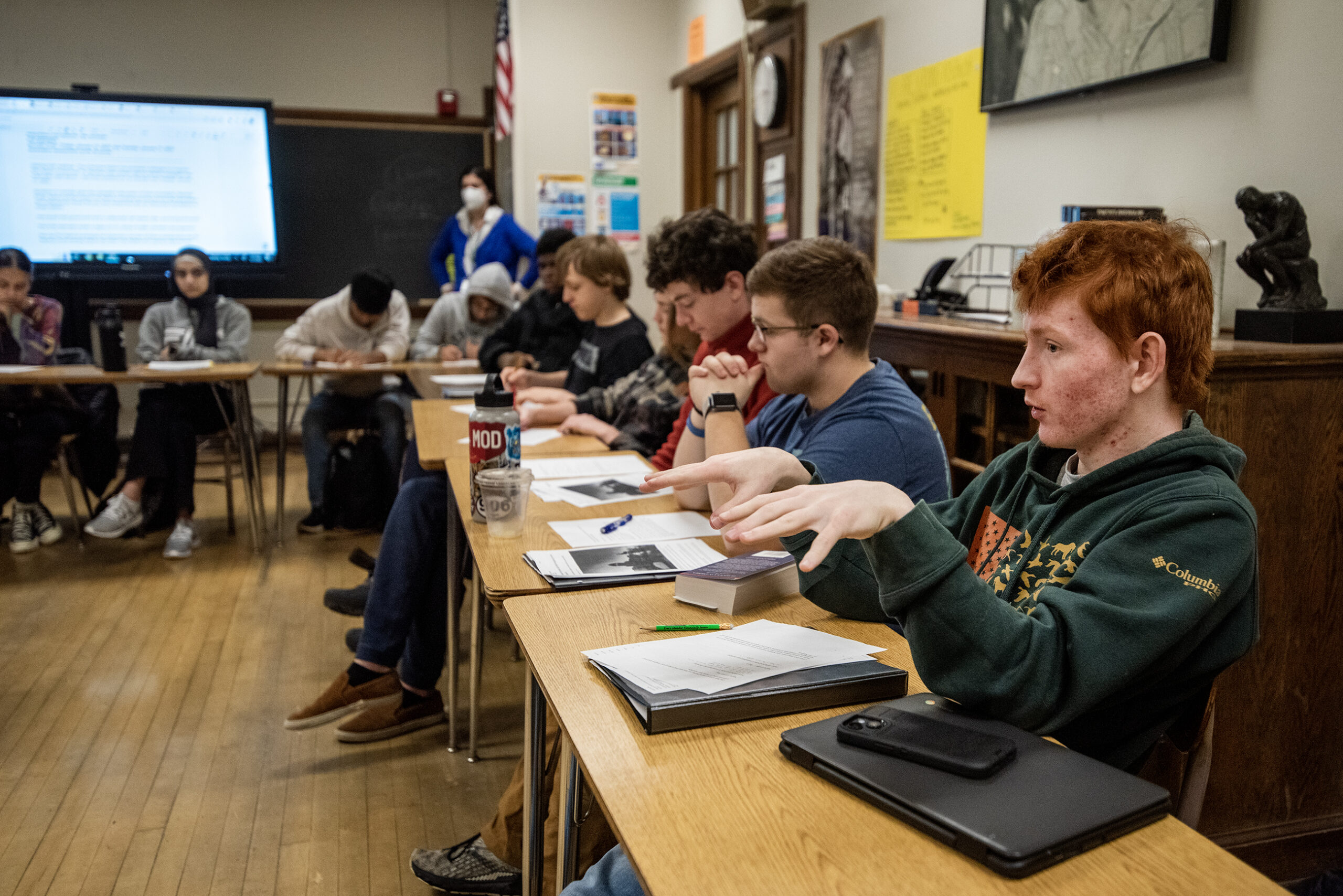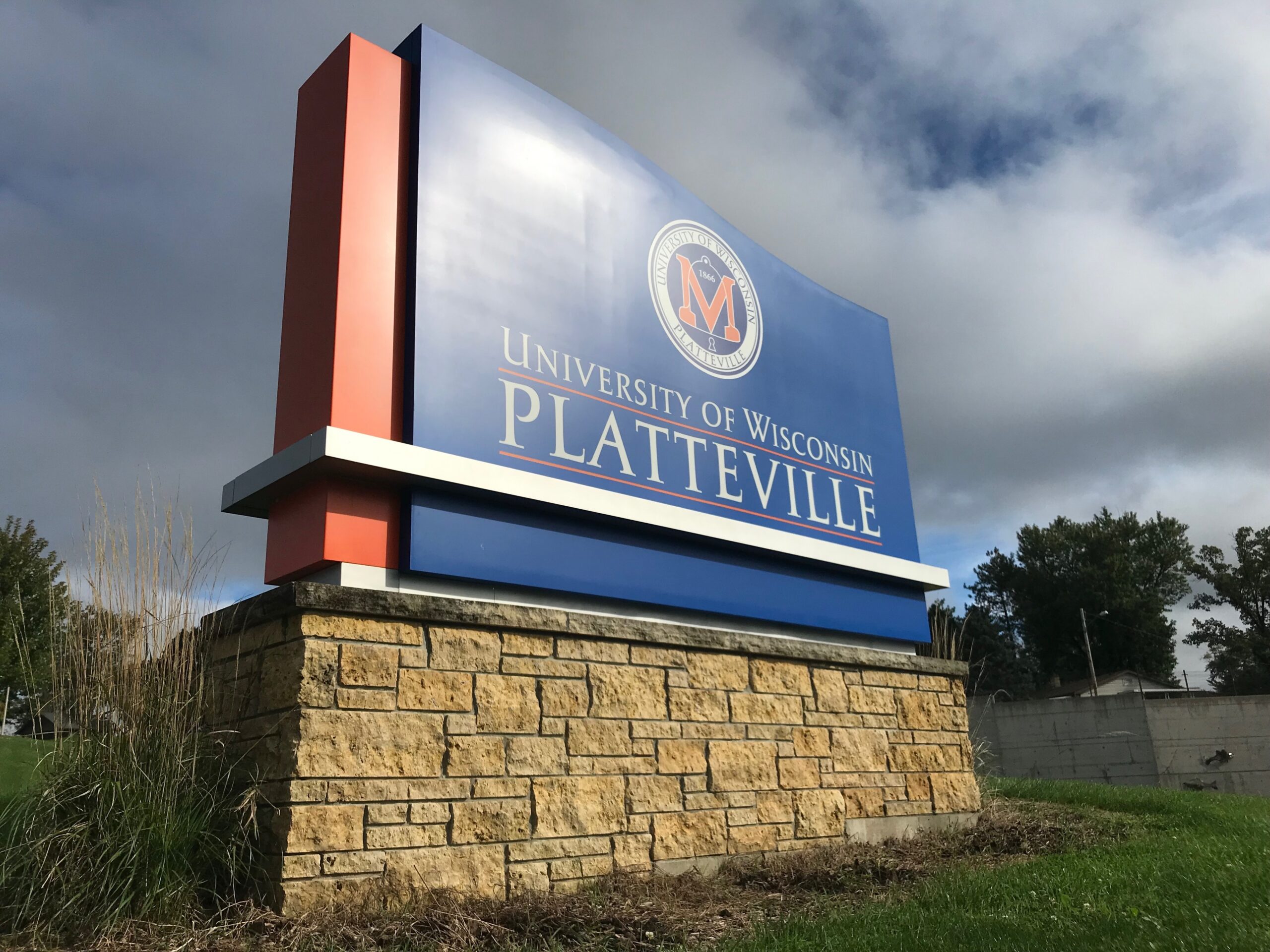More than 14,000 University of Wisconsin System students sought mental health counseling during the 2019-2020 school year.
Some of that counseling came after universities closed and sent students home this spring due to the coronavirus pandemic, and as counseling centers were forced to pivot how they provided care to students experiencing additional anxiety and stress.
Sandy Cox, UW-Oshkosh director of counseling, told the UW Board of Regents on Thursday that students using campus counseling services reported that the coronavirus caused additional worry about their own well-being and those of loved ones. She said, in particular, many students seeking counseling were afraid of infecting vulnerable family members.
News with a little more humanity
WPR’s “Wisconsin Today” newsletter keeps you connected to the state you love without feeling overwhelmed. No paywall. No agenda. No corporate filter.
Cox said students also reported new worries about their financial well-being, and that some told counselors that they turned to substance abuse as a coping mechanism.
She also said that currently at Oshkosh, a majority of students coming to the campus counseling center for mental health services said they had experienced “suicidal ideation” within the past week.
“That’s a lot. That’s a lot of really high distress,” she said.
Cox also said that some more training is needed on remote counseling and digital outreach. When campuses went online this spring, counseling offices had to quickly pivot to providing student care over the phone and over streaming video while also increasing outreach via social media platforms.
John Achter, University of Wisconsin student behavioral health coordinator, told the board that over the past school year, 70 percent of students seeking counseling services reported feeling stressed, 71 percent reported symptoms of depression and 77 percent reported experiencing various forms of anxiety.
Achter said questionnaires filled out by students prior to treatment showed that 35 percent of those seeking counseling had self-injured, 41 percent seriously considered suicide and 13 percent attempted suicide. All of those percentages were higher than national averages, he said.
After receiving counseling services, he said nearly 80 percent of students reported an improved sense of well-being and 71 percent felt better prepared to work through future mental health issues.
Achter said the 14,000 plus students served by university counseling centers last school year is 15 percent higher than it was five years ago, something Achter credits to decreased stigma surrounding seeking mental health services.
“This has created a true staffing crisis and impacted the way in which our centers provide services,” said Achter. “We have no reason to believe this trend will subside.”
Achter said the UW System has a goal of providing at least one campus mental health counselor for every 1,000 students. Currently across the UW, the ratio is one counselor for every 1,426 students. He said students also reported a need for more diversity in counseling offices.
“First, they need more diverse staff to better serve underrepresented populations who tend to have higher rates of mental health need,” said Achter. “Second, they’d like to staff more case managers to work with those who have the most complex needs to help them navigate systems of care that often include both on-campus and off-campus resources.”
UW-Oshkosh senior Tejia Champion shared her personal mental health journey with regents, which included the death of her mother, child abuse and two hospital visits for inpatient psychiatric care. Champion said she was considering dropping out of school but with the help of counselors at UW-Oshkosh, she was able to learn healthier ways to cope with stress and anxieties.
“Despite the challenges I faced with my mental health, my counselor and I constructed a treatment plan from that point and it has been successful ever since,” said Champion. “It has made a huge impact on my progress. For the last three semesters, I have made the dean’s list with a 4.0 GPA and honor roll with a 3.4 and 3.7 GPA.”
Champion said after she graduates from UW-Oshkosh she plans to attend graduate school for a master’s degree in social work.
Wisconsin Public Radio, © Copyright 2025, Board of Regents of the University of Wisconsin System and Wisconsin Educational Communications Board.

